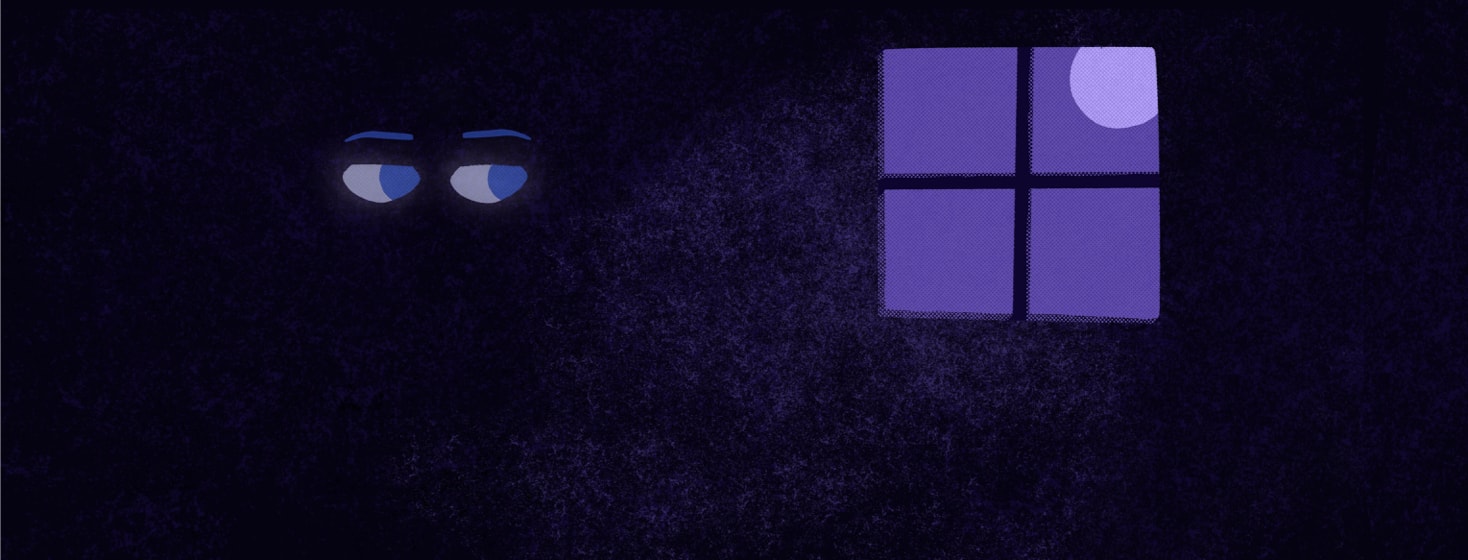Into the Night: Insomnia 101
Insomnia – from the Latin insomnis, that translates to “not sleeping”: in meaning “no” and somnis meaning “sleep.”
I think that sums it up nicely – no sleep. If you’re an insomniac you know just what I’m talking about – no sleep. If you’re not an insomniac you can only imagine – because you do sleep.
Many people will experience insomnia at some point in their lives; some people will experience chronic insomnia, which is "usually a result of stress, life events or habits that disrupt sleep. Treating the underlying cause can resolve the insomnia, but sometimes it can last for years."1
Living with chronic insomnia
I’m guessing it’s pretty normal for most people to go through periods of time where they don’t sleep well.
Stress, illness, medication, noise, full moon, daylight saving.
All these things might contribute to a bad night here and there. Even a bad week here and there. And if you’ve had a bad week you’ll start to get the picture of chronic insomnia. But it’s like having a sore foot – if it hurts for a week, that really sucks. If it hurts every single day for the rest of your life, it starts to consume you.
20 years of trial and error
I’ve heard repeatedly that the ideal amount of sleep for a healthy adult is 7 to 8 hours per night. For me, 7-hours sleep would be considered a miracle equivalent to Jesus healing lepers.
And I confess now, that miracle has occurred. I do get 7 to 8 hours of sleep a night – but only because after 20 years of trial and error, my medical team finally found something that works for me.
Prior to that, I wasn’t sleeping at all. And by that, I mean – not at all. Maybe on a good day, a couple of 20-minute reprieves.
Unsolicited advice
I received a lot of unsolicited advice from very well-meaning people who love me dearly. They had found solutions for their own occasional bouts of sleeplessness. The most common piece of advice was to follow sleep hygiene protocols.
- Avoid caffeine & alcohol
- Bed is for sleeping – nothing else
- Have a bedtime routine
- No naps, devices, or clock watching
- No food or exercise close to bedtime
- Etc...etc...
These are all awesome pieces of advice – because neglecting each of these things can contribute to poor sleep (if you have coffee and whiskey during your workout before bed, your chance of sleeping is greatly reduced). For someone with chronic insomnia, sleep hygiene is a great first step but rarely cures the condition.
The cure for the condition is something best discussed with medical experts. And the advice we dish out to the exhausted community of nightwalkers needs to be sparse – if there’s one thing most people do when they have a condition, it’s to research it.
Chances are your friend who’s been awake for a week, has already googled every cure there is. Perhaps the best advice is to suggest the insomniac in your life seeks out professional support if they haven’t already.
I never chose insomnia
The comment that has resonated with me for my entire life is (and I quote, because I’ve never forgotten it), if you were tired enough you’d sleep.
No. I’m more tired than you’ve ever been in your entire life.
I don’t choose to stay awake. I don’t choose to be restless. I don’t choose to wander around like a zombie during the day, with wide eyes and floppy arms. Sometimes in life, we get tired. Sometimes we’re exhausted or lethargic. And sometimes, some of us, are wandering around with our bodies flopping around like a dead fish, and half our consciousness lost in another dimension.
Insomnia – no sleep.

Join the conversation